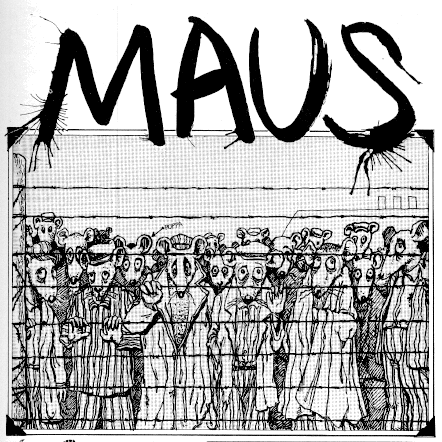OF MAUS AND MEN
The Arab Spring released a season of discontent around the globe. People barred from their dreams are beginning to look beyond themselves to explain that failure and are questioning the structure of societies as a whole. As a result, gatekeepers are being challenged by the mainstream for a greater share of the pie. Whether the recent demonstrations are against political oppressors, Congress or the potentates of Wall Street, the globe is awash in resentment.
That same spirit of revolution is occurring among writers, too, because gatekeepers in the publishing industry have narrowed their focus to buying books that have mass appeal at the expense of books with a narrower market. The industry’s decision may be understandable. After all, it exists for profit not for art. But too often their choices are embarrassingly wrong.
Earlier, I wrote about the numerous rejections Kathryn Stockett, author of “The Help,” received from agents and publishers before her book became a national best seller. But if I thought Stockett’s experience represented misjudgment in the extreme, I was naïve.

(escapistmagazine.com)
The October issue of “Harper’s” magazine chose to print a letter sent to Art Siegelman, rejecting his graphic novel, “Maus.” The publisher wrote, “I’m sure you are aware of the difficulty of publishing this one – a novel about the Holocaust in comic-book form.” He adds a few comments about how the graphics might be improved and concludes that the book, “… never, for me, quite gets on track” (“Harper’s” October 2011).
To the chagrin of the author of that letter, in 1992 Siegelman’s “Maus” became the first book of its kind to win the Pulitzer Prize. His novel has sold over 3 million copies.
Is it any wonder that self-publishing is on the rise? We artists are getting “mad as hell and aren’t going to take it anymore?”